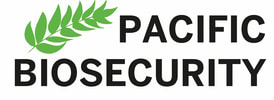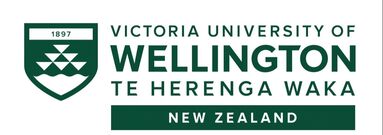|
Our Pacific Biosecurity initiative began in 2013, when we saw an increasing need for biosecurity and invasive species control in the Pacific, particularly in regards to invasive ants. Our primary focus is on biosecurity – preventing the arrival, establishment and spread of invasive species. We were established as a not-for-profit consultancy within Wellington UniVentures at Te Herenga Waka - Victoria University of Wellington in New Zealand. We collaborate with regional organisations and in-country partners to enhance resilience and well-being through plant pest/invasive species management. Our focus initially was on invasive ants. Ants have a history of establishing on Pacific Islands and reaching high abundance that causes dramatic changes to island biodiversity and the Pacific way of life. The threats to Pacific countries from invasive ants are increasing and likely to keep increasing over the next decades as these species spread. We are most concerned about spread of the little fire ant (also known as the electric ant) across the Pacific, and the potential for red imported fire ant to establish in Pacific island countries and territories. |
|
Pacific Biosecurity staff have been working on the research and management of invasive ants in the Pacific for more than 15 years.
Since 2013 we have assisted with invasive species capability building and ant management in many countries including Samoa, Kiribati, Tuvalu, French Polynesia, Palau, the Marshall Islands, Tonga, Niue, and Tokelau. We have also developed standard tools and protocols for use throughout the region. Read more about our work here. Pacific Biosecurity is a founding member of the Pacific Regional Invasive Species Management Support Service (PRISMSS) and we lead the Protect our Islands programme, supported by colleagues at SPC. Our associated research outputs include collaborative peer-reviewed articles in international publications on invasive species ecology, impacts and management. |


